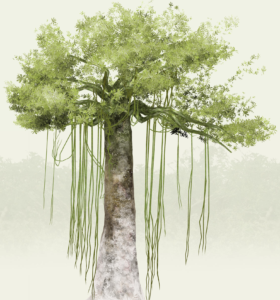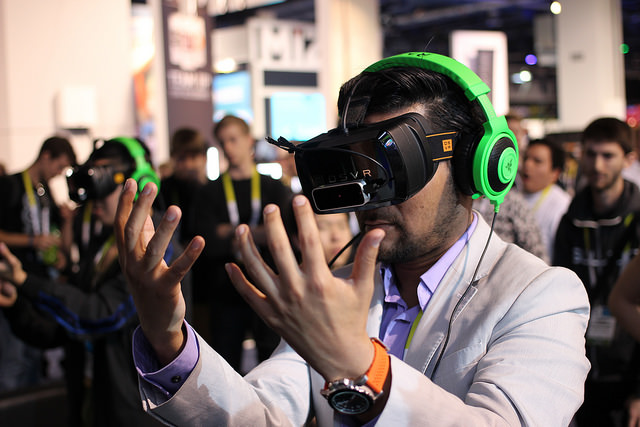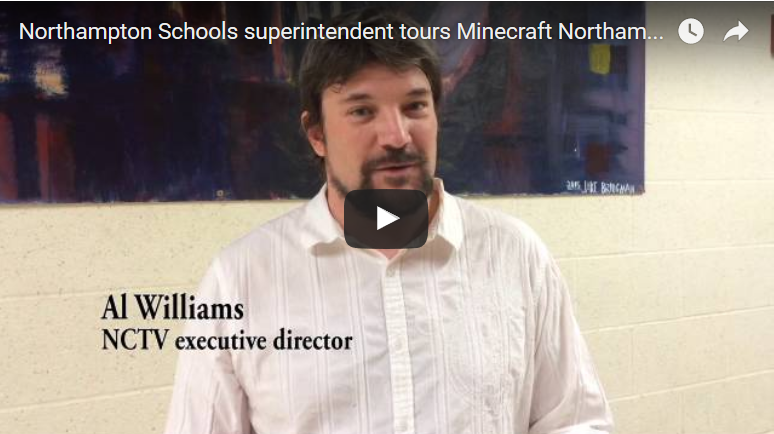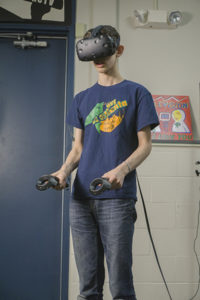Tomorrow we’re driving down to Games for Change in NYC. As usual, I’m thinking about VR-in-the-public interest and how we can differentiate gaming from the many other ways we can learn, share, create and teach VR. At the Public VR Lab, we’ve been teaching our community and beyond for over a year now to use new tools and equipment for community storytelling, immersive journalism, and documentary filmmaking in order to heal from trauma and to create awareness and action around the health of our planet. Here’s a few of this week’s highlights and resources we’ve seen so far in the space.
On the content creation side, our team is learning how we can deploy content, trainings and toolkits to our members, community of media makers and to share with other colleagues. While this may seem something drawn from the 1992 novel “Snow Crash” and its “metaverse,” it means the beginning of public creation tools and a door to many new social, creative and possibly economic platforms/spaces that are sure to follow for an almost ready VR-ready world. This might be the closest thing to Dreamweaver for VR that we’ve seen to date. P.S Snow Crash is a must-read.
Empathy-producing content can help us to understand what it is like to “be” a tree, or understand what it might be like to be in the body of another, and to feel “presence” that helps you to put yourself outside of your own experience. Feeling empathy inside of VR can even move us to action on issues like social and environmental justice in the “real” world.
VR-related technologies can help shape beautiful new ways we see ourselves, our current reality, and can shift our perception of what truth and reality are. VR can help us experience and understand many things from visceral perspectives that embody the experience of the “other.”
Tree, is a virtual-reality project that transforms you into a rainforest tree. With your arms as branches and your body as the trunk, you’ll experience the tree’s growth from a seedling into its fullest form and witness its fate firsthand. Tree elevates the concept of empathy in VR, helping the participant understand what it’s like to be a tree in the Amazon. I particularly love the redwood version of this created by Marshmallow Laser Feast (I so love this name!) with a haptic feedback vest that makes you feel like you are entering inside the tree. 
And this project, RIOT whose filmmaker, Karen Palmer, will speak at our favorite festival for storytelling, the Future of Storytelling in NYC this October. According to FOST, she was inspired by the events in Ferguson, MO, following the shooting of Michael Brown, and created RIOT, an emotionally responsive, live-action film that uses AI and machine learning through facial recognition to allow participants to navigate though a dangerous riot. Palmer’s work challenges participants to understand other people’s lived experiences, and represents a powerful development in the emerging field of neurogames.
Another area of VR-in-the-public interest growth is in the health sector, and how VR can make us “think” differently and even heal from trauma. This New York Times had a great story today about the use of VR by therapists to heal patients from the fear and trauma of car accidents, the fear of heights, flying, spiders, PTSD, and other forms of anxiety and stress.
And lastly, the team at the Public VR Lab sat in on an insightful VRARA webinar a few weeks ago hosted with Robert Scoble as he shared his always intriguing insights about where tech and VR in particular is headed (here). Check it out!






